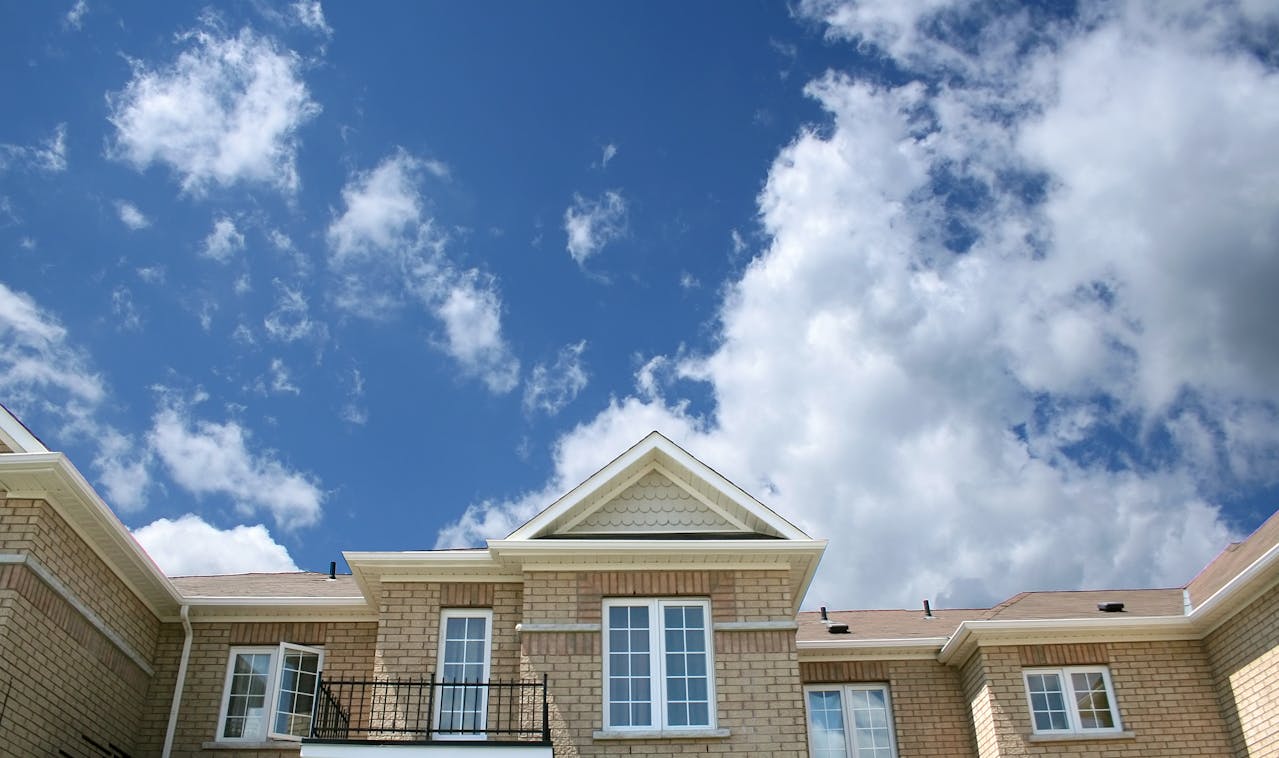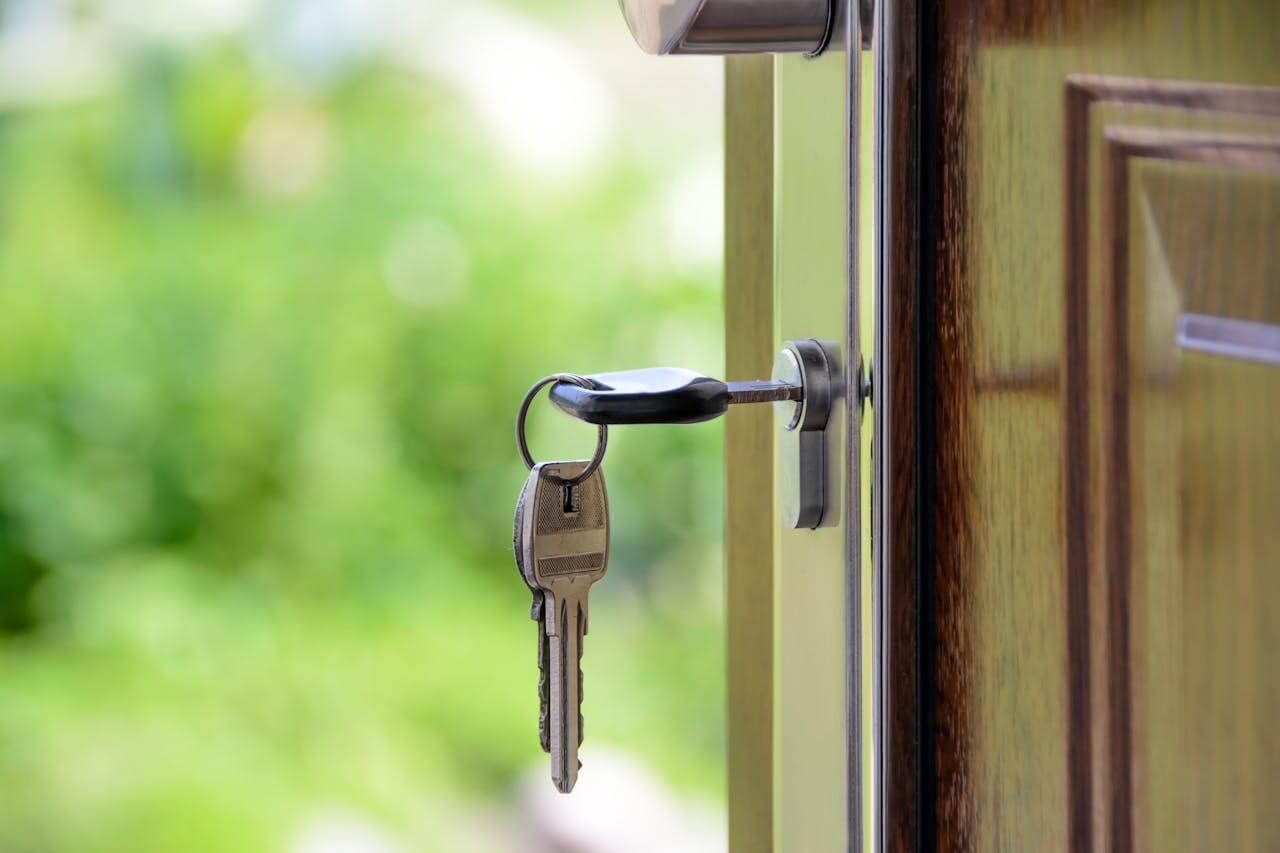
What is a Senior Stretch Loan?
A senior stretch loan can help you purchase a property …
When it comes to personal loans, there are many reasons why people of all persuasions turn to borrowing money. Common reasons include needing to consolidate debts into a more affordable and manageable arrangement and needing some immediate funds to clear outstanding and potentially more pressing debts. However, it is also possible to take out a loan when it is not needed to ‘fix a problem’ per se.
For example, it is very common for business owners and founders to take out a loan; sometimes even secured against an asset such as a property to get their business off the ground.
Equally, it is permissible and acceptable in the eyes of many lenders to apply for finance in order to improve your property. Home improvement loans are designed for this very purpose and are designed to unlock the funds needed to improve your property.
As with all loans, there are and you should always consider any alternatives available. In some cases, rather than seeking out a loan to improve your property, there may be council or government grants or schemes in place.
For example, the government have a Green Homes Grant which allows homeowners and landlords to apply for up to £5,000-£10,000 of government funded vouchers to cover works designed to increase the energy efficiency and environmental friendliness of a property. This includes paying for the works to install various forms of insulation, air source heat pumps and other works which help improve the property’s green credentials.
You should also consider speaking to friends and family before applying for a secured loan of any nature as there is of course the risk that should you not keep up your repayments, your property may be repossessed.
Although there will undoubtedly be fairly minor improvements you can make to your property, like touching up the paint on some walls and getting a new lawn, when taking out a loan to improve your property you should think bigger. Rather than looking at which small, often aesthetic improvements can be made, consider structural and performance-related improvements, which will go a very long way.
A good example of this is updating your central heating system throughout your property. while this may not look very different, the effects of a new heating system are twofold. Firstly, you will find that the property becomes much better heated in the colder months. Secondly, the energy efficiency will be far better, making the property cheaper to run and maintain. This alone helps to raise the value of the property.
Equally important to consider, is what can you do to make the property more appealing to a prospective buyer?
Although you may have no desire to sell the property, you should improve it in ways that would increase its value, hence the popularity of home improvement loans in the UK (read more). This will benefit you regardless of the need or desire to sell (source: ProperEaze).
If you need to take out a secured loan such as a mortgage of any nature or a home improvement loan, by having a property worth more, you will be better able to leverage the equity you have for your loan. In practice you will therefore be able to use less equity in the property for more money when applying for a loan.
Although there are government schemes in place to improve the insulation and overall energy efficiency of your property, it may be the case that you need additional funds to carry out more work. Government grants can help top up what you have to spend on the insulation but if you need to borrow money, secured against your property, many lenders will be forthcoming.
You may not need to borrow all that much either. A few thousand pounds for example can be spent insulating the areas that cause the most air leakage and the most infiltration of the cooler air from outside, such as your roof, basement and spaces around external doors and windows. For more information, find out how to read your home inspection report.
By installing insulation such as cavity wall, roof, basement or other forms of insulation, you will see your energy bills fall, potentially dramatically over the weeks and months and even years, saving you hundreds of pounds. This alone makes the property more appealing to potential buyers as well and property valuers and tenants, all of which work to your benefit as a homeowner or landlord.
Loft conversions and various forms of property extensions are a tried and tested way in which to improve the value of a property. if you are a landlord, it allows you charge more when letting the property as tenants will have more living space and more rooms to enjoy. If you are a homeowner, adding more floorspace to your property increases both the square-footage as well as the number of rooms, all of which work towards increasing the property’s value.
Loft extensions and conversions potentially add an entire new floor to your property whilst other extensions such as ground floor and side extensions increase the amount of floor and living space in the property.
Typically, loft conversions and extensions will be used to increase the number of bedrooms in a property; another desirable trait for prospective buyers, whereas ground floor, kitchen and side extensions will typically be undertaken to increase existing living space within the property.
In all cases, it is important you seek the necessary planning and other permissions to ensure the work you plan to have carried out is able to be done in a legal and efficient manner. You should also understand and be aware of the price of any works to be carried out, as you will need to present this to your lender who will assess this along with the property’s value.

A senior stretch loan can help you purchase a property …

A mortgage offer officially lasts for 3-6 months depending on …

If you have purchased a car through a dealership using …